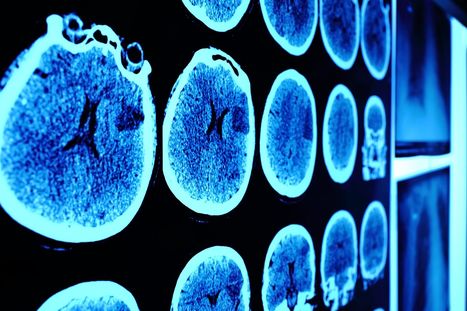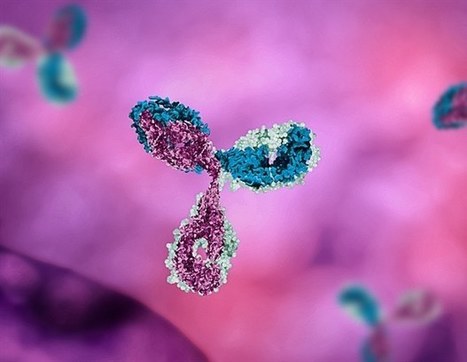Vaccine boosting modifies CAR T cell metabolism and promotes crosstalk between CAR
T cells and endogenous immunity to elicit and sustain antigen spreading, thereby effectively
treating tumors with antigen heterogeneity.
Follow, research and publish the best content
Get Started for FREE
Sign up with Facebook Sign up with X
I don't have a Facebook or a X account
Already have an account: Login
 Your new post is loading... Your new post is loading...
 Your new post is loading... Your new post is loading...
Pierre-Luc Jellimann 's curator insight,
November 4, 2022 6:58 PM
Mass General investigators have created a new method that could make immune therapy more effective again brain tumors and expand its use against other types of solid tumors. Their study is published in the journal Nature Biotechnology. |
|













Engineering T cells to destroy cancer cells has proved effective in treating certain types of cancer. However, it has not worked as well for solid tumors. One of the reasons for this lack of success is that T cells only target a single antigen. If some of the tumor cells don't express this antigen, they can evade T cell attack. In 2019, researchers found a way to overcome this obstacle, using a vaccine that enhances CAR-T cell efficacy. In a recent study, researchers wanted to investigate how this additional T-cell response is activated. The researchers discovered that in these vaccinated mice, metabolic changes occur in CAR-T cells that increase their production of interferon gamma, a cytokine that helps stimulate a strong immune response. This helps T cells overcome the tumor's immunosuppressive environment, which normally shuts down all T cells in the vicinity. As CAR-T cells killed tumor cells expressing the target antigen, host T cells encountered other antigens from these tumor cells, stimulating these host T cells to target these antigens and help destroy the tumor cells. Without this host T-cell response, the researchers found that tumors would regrow even if CAR-T cells destroyed most of them.